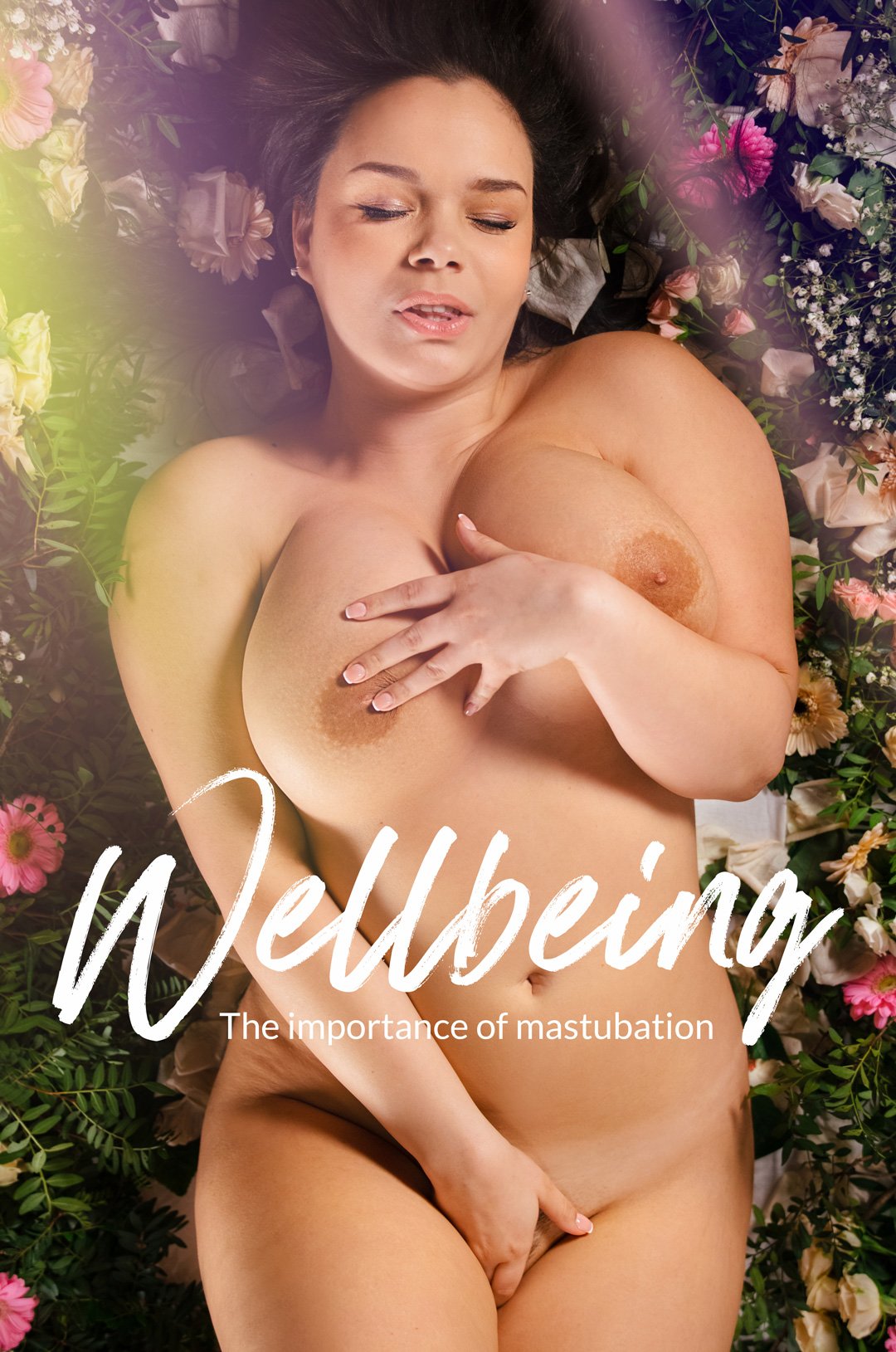A lot of us have been taught to feel guilty about masturbating, whether by our families, our religion, or society at large. But not only does masturbation rarely carry any harm; it can actually be good for you, both physically and mentally.
In case you need help assuaging any hesitations you may have around masturbation, here’s a data-based guide to the physical and mental health benefits of masturbation—and how to make the most of them.
Dispelling the myths
Masturbating will not hurt you. Will you go blind if you touch yourself too much? Wear out your genitals? Distance yourself from the outside world? Unlikely! If you frequently masturbate very roughly, it can sometimes cause skin chafing, but lube can prevent this, and your skin will heal within a few days. If you feel that you have an unhealthy relationship with masturbation—for example, that you are doing it compulsively or feel bad during or afterwards—speak to a mental health professional who can help you sort out these feelings and develop a healthier relationship with your sexuality. You may need help coping with anxiety, depression, or shame.
Masturbating will not hurt your relationship. A study in the Journal of Psychology & Human Sexuality found that people who masturbated often also had more partnered sex. As long as you’re still making an effort to maintain an active sex life with your partner, it’s perfectly fine to also masturbate—and it may even help you figure out what you like so you can tell your partner. If your partner is bothered by your masturbation habits, it may be beneficial to have a talk with them about why this upsets them, possibly enlisting the help of a therapist or coach.
Vibrators don’t desensitize you. One study in the Journal of Sexual Medicine found that women who used vibrators actually reported fewer sexual issues than those who didn’t! There isn’t any evidence that vibrators will numb you (at least not in the long run; vibration will numb the skin of any part of the body for a few minutes). Occasionally, if someone always masturbates the same way—whether that’s by using a vibrator, watching porn, or lying in a certain position—they may have trouble experiencing pleasure or orgasm in other ways. If this is the case for you, try to switch up your masturbation routine once in a while.
The physical health benefits of masturbation
Masturbation can help you sleep. 32 per cent of 1,866 women who masturbated in one survey said it helped them to fall asleep. However, there are some people who find masturbation energizing. If this is the case for you, you may be better off masturbating earlier in the day.
Masturbation can provide pain relief. Many people use masturbation to relieve—or at least distract them from—pain. For instance, 60 per cent of people who’d had sex while experiencing a migraine said in one study that sex helped alleviate their pain. Orgasm can also be helpful for those with menstrual cramps because of the way the pelvic muscles relax afterwards.
Masturbation could improve your physical fitness. The more that athletes have sex or masturbate, the better they perform in tests of strength, speed, and agility, according to a study by the sex toy brand Adam and Eve and the sports research company Athletic Lab. Sex right before a competition may even improve one’s athletic performance.
Masturbating may be especially helpful as you age. Older women who are highly satisfied with their sex lives are less likely to develop high blood pressure, according to a study in the Journal of Health and Social Behavior. Masturbation may very well have the same effect.
The mental health benefits of masturbation
Masturbation can improve your mood. One study in the Journal of Sexual Medicine found that when women are sexually aroused, their levels of cortisol—a hormone associated with stress—drop. And to take the place of all that stress, endorphins released during masturbation make you feel happier.
Masturbation can increase confidence. Women who masturbate regularly feel more positively about their bodies, according to a study in Psychology of Women Quarterly—perhaps because it helps them appreciate the amazing things their bodies can do, not just focus on how they look.
Masturbation might even improve your memory. One study in the Archives of Sexual Behavior found that the more often women had sex, the better able they were to remember words they’d learned, whether they were in a relationship or not. (This study was specifically on PIV intercourse, but the researchers believe the memory benefit stemmed from the chemical changes associated with sexual pleasure, rather than any particular sexual act.) Another study in Hippocampus showed that middle-aged rats that engaged in daily sexual activity generated more new neurons in the dentate gyrus, a brain region associated with memory.
How to masturbate for well being
Take your time. Drawing out the session can allow you the chance to soak in all the endorphins and pleasure that masturbation stimulates. Plus, slowing yourself down can help you appreciate sensuality and full-body pleasure in all its forms. Try massaging different parts of your body outside your genitals first, like your chest, thighs, and stomach, then slowly tease your genitals before using your tried-and-true technique.
Move your body. The health benefits of masturbation won’t substitute for exercise, but thrusting your hips, shaking your body, breathing deeply, and incorporating other movements can help release endorphins and may also improve blood flow to your genitals, which means more pleasure for you.
Bring in a partner if you feel comfortable. Letting a partner in on your masturbation routine can help them see what works for you so that they can please you better. It can also increase the level of closeness between you, both because of the hormones released and because of the intimate connection this activity creates.
Orgasms are great, but so is pleasure overall. Orgasm causes your body to release oxytocin, which reduces stress and can even lower your blood pressure and help you sleep. However, most health benefits of sex come whether you orgasm or not, so enjoy the ride and don’t worry about orgasming if it’s a challenge for you. “Blue balls” or “blue walls” (the vulva equivalent) can sometimes cause some minor discomfort, but they won’t hurt you.




Very good and interesting article I realy enjoyed it